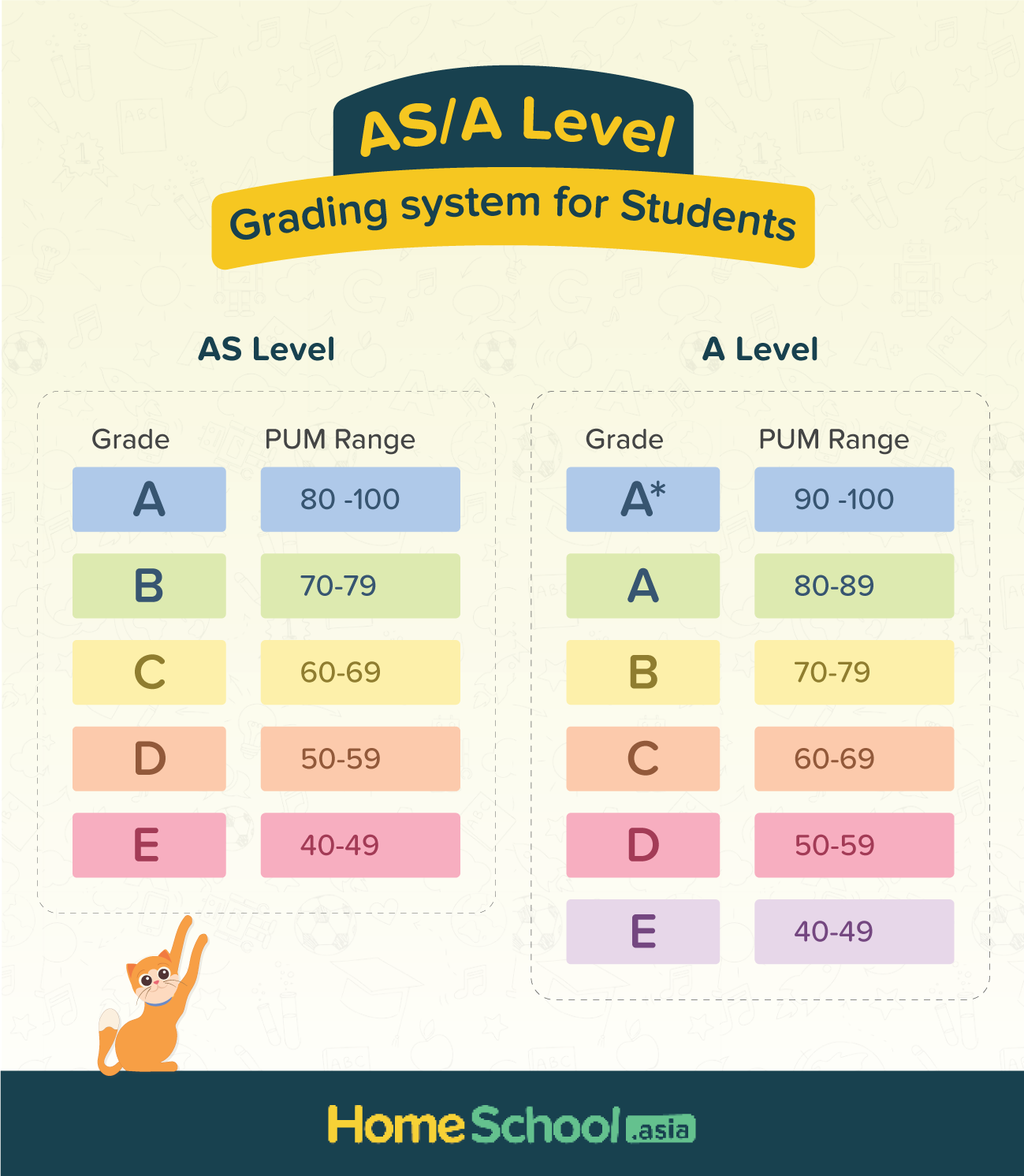A Levels, or the Advanced Level, is an internationally recognised qualification that opens doors to higher education and career opportunities. It is an important step in the educational pathway that requires thorough preparation and a strong understanding of your curriculum.
If you are a student planning to study your A Levels online, look no further!
In this article, you will find essential insights and valuable tips on how to effectively study A Levels online.
Prepare for A Levels Studies
The flexibility of online A Levels has made it a popular choice among students in recent years. The availability of all the learning materials from your home has allowed students to study on a flexible schedule.
However, with countless resources available, many students mostly wonder, “Where should I start?”
Here's what you need to know to make the most of your online A Levels:
Popular A Levels Subjects: What you should choose
It is important for you to understand what subjects A Levels offer and where your major strength lies.
Popular A Levels subjects include Biology, Chemistry, Physics, English Literature, and Economics. As per reports, Mathematics is the most popular A-Levels subject, chosen by a large number of students.
Interestingly, Mathematics is also considered to be one of the most challenging subjects for students, while achieving good grades in English seems to be a piece of cake!
Science subjects are a popular choice among A-Level students, reflecting a growing interest in pursuing science-related fields in the future. This trend showcases that many students select these subjects to align with their aspirations for careers in science and technology.
Whether you choose to pursue a career in Science, Management, or Arts, A Levels offer students the flexibility to shape their academic journey according to their aspirations.
Remember, the right choice is the one that aligns with your passion and ambitions.
However, achieving good grades requires a thorough understanding of the grading process and how your answers will be marked by the teachers. Excelling in A Levels also largely depends on the student's understanding of the subject material, the preparation strategies, and the use of platforms that offer essential tools and features to support their learning journey.
Know More: Explore features for Students in our platform
Understanding the A Levels Grading System
A Levels typically follow a grading scale from A* to E, with A* being the highest grade and E being the lowest passing grade. Below is an overview of the grading structure:
*A (Advanced Level Distinction): Awarded to students scoring 90% or above, reflecting top-performing students.
A: Typically awarded to students scoring between 80-89%, indicating excellent performance.
B: Represents a score between 70-79%, showcasing above average performance and often meeting university entry requirements.
C: Represents passing grade with score between 60-69% that meets the minimum passing requirements.
D: Represents scores between 50-59%, a lower passing grade accepted by some institutions.
E: The minimum pass mark, achieved with scores between 40-49%.

Achieving the highest grades requires a careful understanding of the marking schemes provided by the exam board. The marking scheme outlines how your teacher will assess and award marks for each subject and exam paper.
Knowing how the marks are awarded helps you understand how to structure your answers.
Creating a well-structured study schedule to ensure you cover the necessary topics before your examinations is another step in your journey.
Things you should know while studying
When studying for A Levels online, maintaining a schedule allows you to focus on subjects you feel the least confident about. Utilise calendars or plan books and allocate specific hours to each subject, prioritising those that require the most attention.
For example, if Maths is a challenging subject for you, consider breaking down your study sessions focused on 3-4 hours per day. While the subject that is easier for you, (maybe) Geography, you might just allocate 1 hour per day.
Make sure to include appropriate breaks to prevent any burnout. By organizing your study time efficiently, you can stay on track and get to prioritise the subjects that require more attention.
Planning for A Levels study from home requires in-depth research and understanding of your curriculum structure. With many online learning platforms targeted for A Levels - make sure you choose the ones that align with your learning goals but at the same time provide you with structured guidance and tailored resources.
FAQs A Levels
What is the difference between AS and A2 Level?
AS Level serves as the first half of A Levels qualification while A2 Level is completed in the second year.
How many A Levels subjects do I have to take?
Students typically take 3 to 4 A Levels subjects, depending on their university aspirations.
How long are A Levels courses?
A Levels courses generally last 2 years. However, distance learning and online A Levels courses offer flexibility for students to complete their studies at their own pace.
When are the A Levels examinations held?
A Levels examinations are held during May-June session, when most students take their final assessments.
However, for students resitting or studying through certain exam boards, the October-November session allows students a second exam window.





